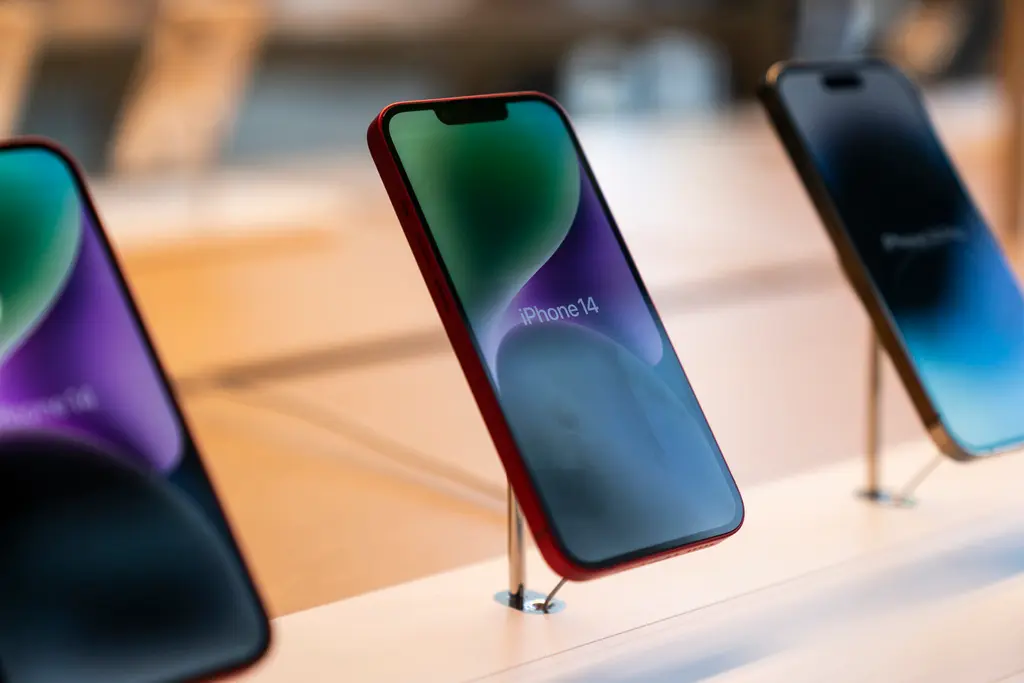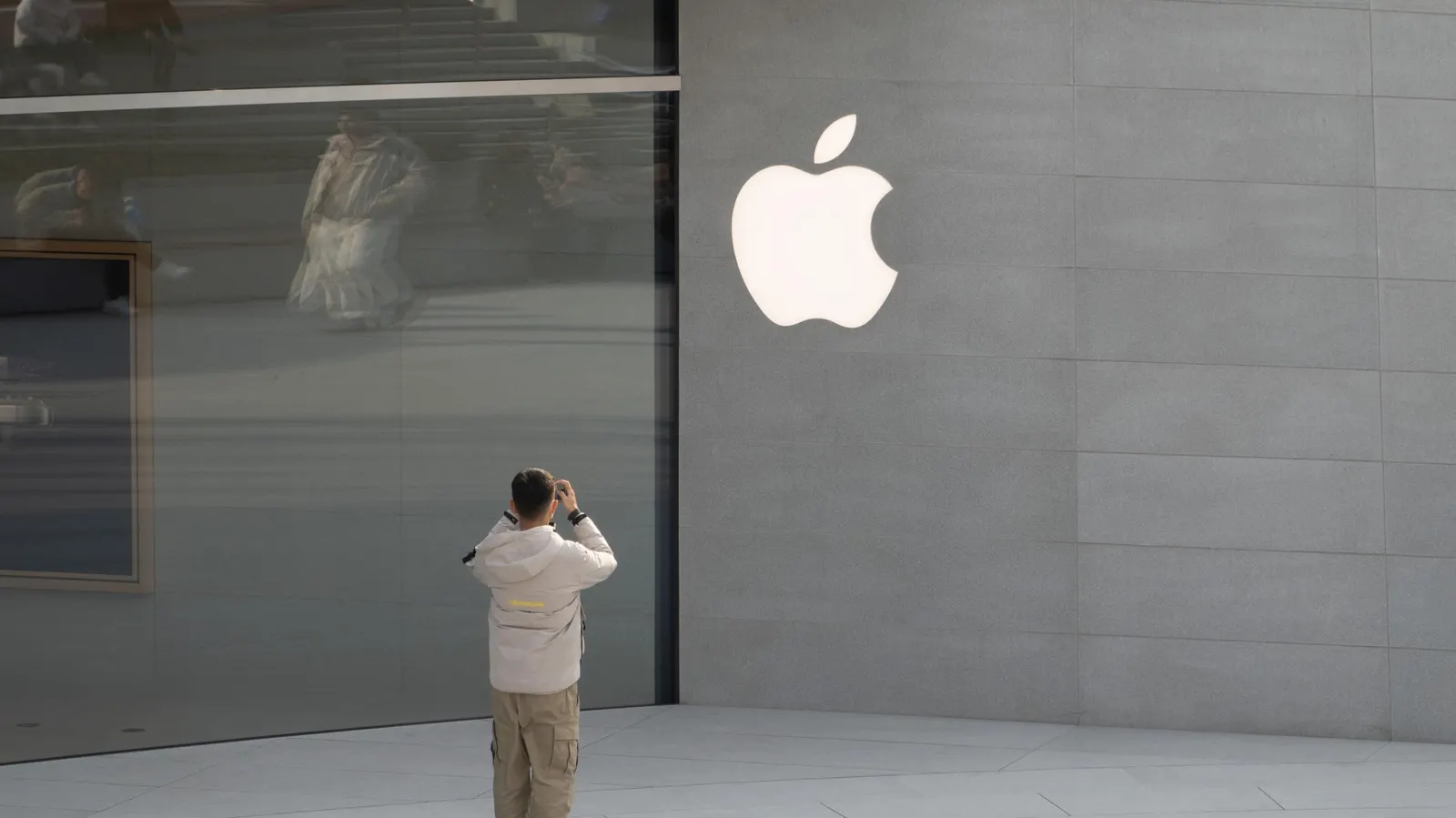The U.S. government’s antitrust lawsuit against Apple draws parallels to the 1998 case that targeted Microsoft’s dominance in desktop software. Legal experts question whether this historical precedent applies to today’s smartphone market.
The lawsuit accuses Apple of unfairly controlling competition in smartphones, but the situation differs significantly from Microsoft’s near-monopoly on operating systems. Allegations focus on Apple’s rules for app developers and its strong position in the iPhone ecosystem.
Antitrust specialists stress the need to show how Apple’s practices harm consumers and limit innovation. The case specifically challenges Apple’s control over app distribution and innovations like messaging apps and smartwatches.

Legal battle signals government’s commitment to fostering competition (Via Temba Parker/Getty Images)
Comparing market shares, Apple’s 55% of the North American smartphone market contrasts sharply with Microsoft’s 95% grip on desktop operating systems, presenting a unique legal challenge.
Despite similarities in accusations, experts note differences in Apple’s contractual flexibility and product design control compared to Microsoft’s more rigid software installation policies.
Legal scholars anticipate a tough legal battle for the government, unlike the Microsoft case. Nonetheless, the lawsuit reflects broader efforts to promote competition in the tech sector, aiming to encourage innovation and offer consumers more choices.


























